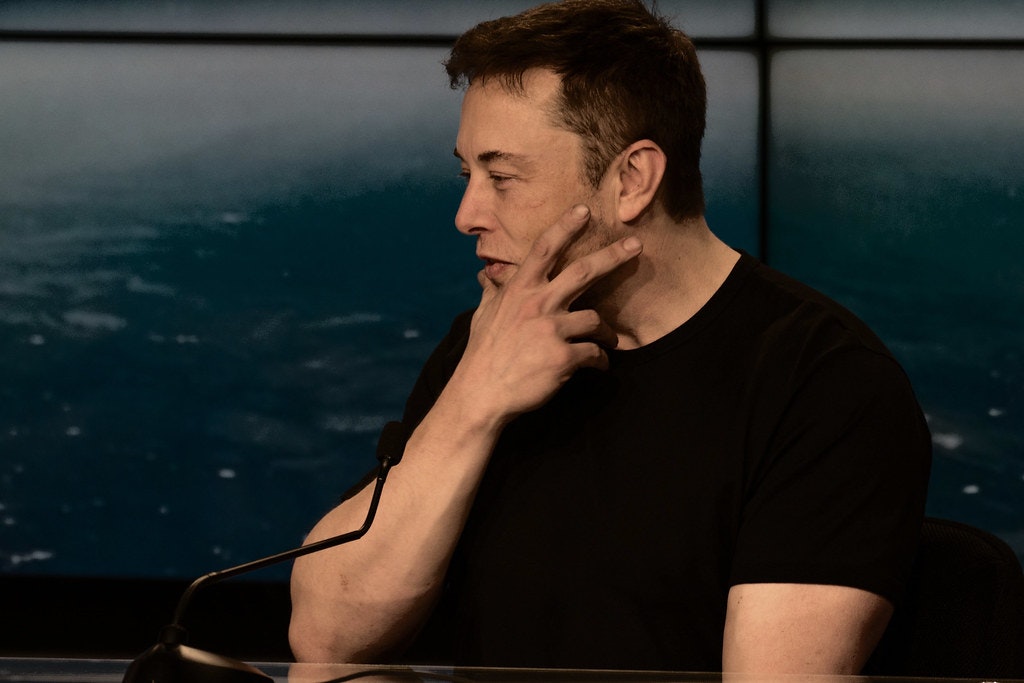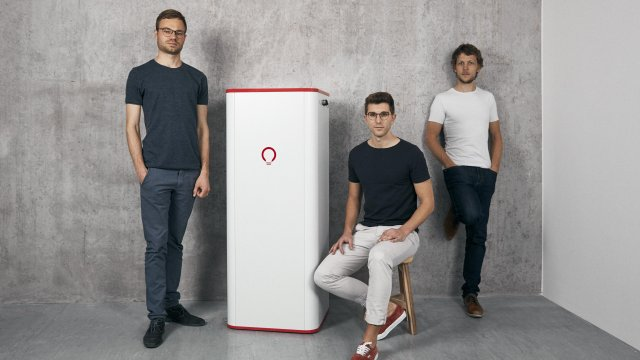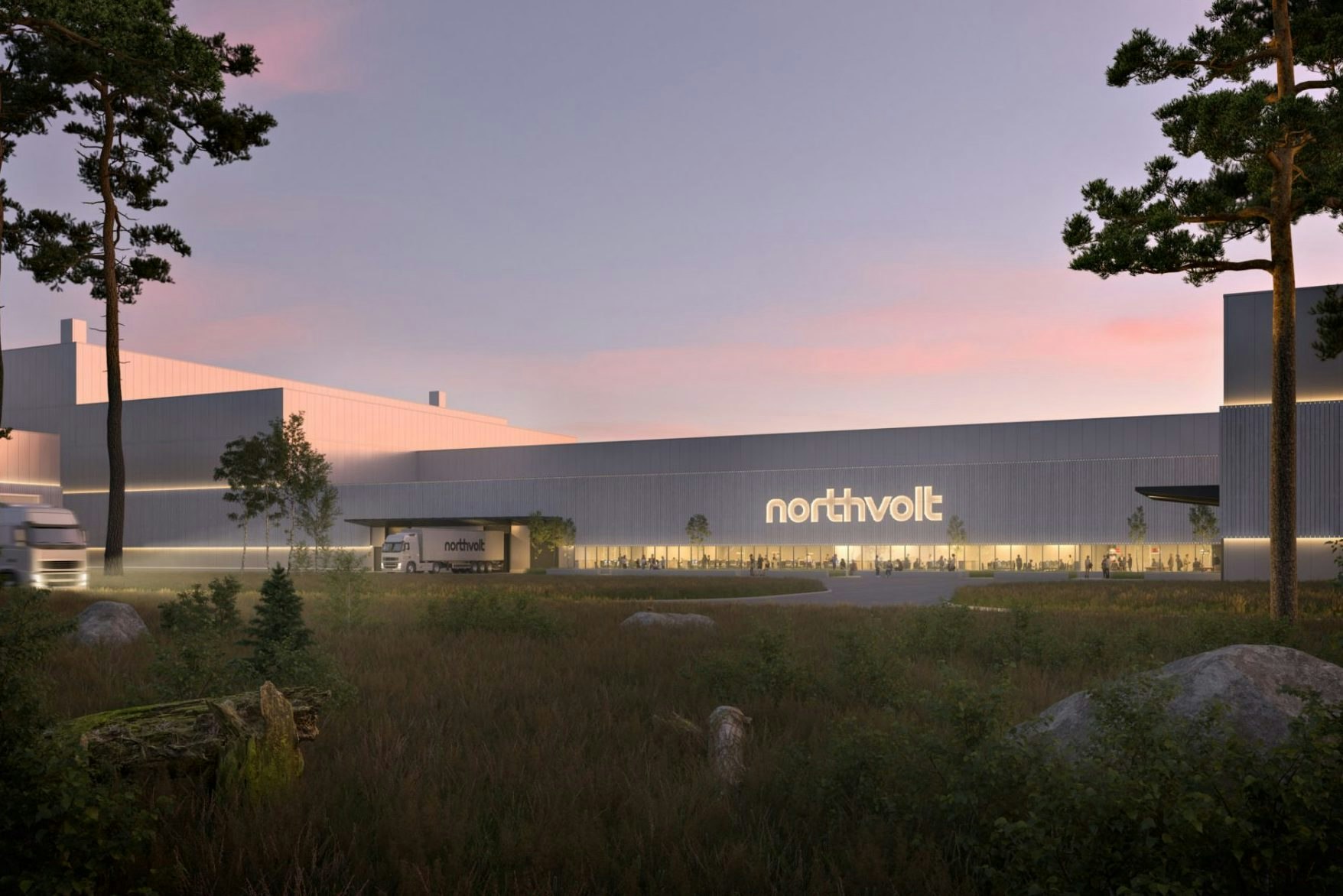It can be charged in just 15 seconds, and can go through hundreds of thousands of charge-recharge cycles without degrading. Meet the “SuperBattery” developed by Estonian startup Skeleton Technologies, which could solve some of the biggest problems still holding back the transition away from fossil fuels.
“This will be a key enabler of the energy transition,” says Taavi Madiberk, founder and chief executive of Skeleton. “In most cases we see that batteries are not able to fully replace the older technologies — we still have hybrid vehicles or the need for backup generators.”
Skeleton signed a €1bn letter of intent with a leading automotive manufacturer to bring the technology to market.
Skeleton’s graphene-based battery is hoping to help bridge the gap where lithium-ion batteries or hydrogen fuel cells are still not quite meeting energy requirements. The company is today announcing a partnership with Karlsruhe Institute of Technology to complete the development. Skeleton recently signed a €1bn letter of intent with a leading automotive manufacturer to bring the technology to market, most likely in 2023 says Madiberk.
Electric cars will be a key use case. Painfully slow recharge times are still one of the major headaches for electric vehicle owners. Even at Tesla’s super-fast recharge stations, it will take at least half an hour to get the battery re-powered, making it hard for electric vehicles to compete with the fast filling times at petrol stations.
Plus lithium-ion batteries degrade over time, limiting their lifespans. The warranties offered on electric cars are telling: Nissan covers the Leaf for five years, Renault offers an eight-year warranty for the Zoe as does Tesla on the Model S.
Developing batteries that can overcome some of these issues is a Holy Grail for the auto industry.
Ultracapacitors — which store charge in an electrical field, without the need for a chemical reaction to release it — have been considered as one potential answer. Ultracapacitors charge up fast and can deliver a powerful energy kick to a vehicle, but they have one big drawback: they are not good at storing energy in the long term, so they are of little use for long car journeys. An ultracapacitor is a bit like a leaky cup that tends to lose its contents over time.
But what if you could combine some elements of ultracapacitors with lithium-ion batteries to get the best of both?
Elon Musk has been trying to do this. Tesla bought ultracapacitor company Maxwell Technologies for $218m in 2019, with the idea of borrowing from the technology to improve the batteries used in its cars.
“We looked at the dry electrode route that Tesla is exploring, but decided to go a different way," says Madiberk. “Tesla is trying to go for maximum energy, but we are looking at the most efficient way of getting power.”
The SuperBattery combines the way ultracapacitors store charge in electrical fields with a small amount of “wet” chemical reaction to allow the batteries to store energy for longer.
Madiberk says the battery is designed to be used in combination with lithium-ion batteries or even hydrogen fuel cells.
“We are not a silver bullet or a complete solution on our own. You won’t have long-range electric vehicles running purely on our technology. But combining a lithium-ion battery with a SuperBattery can reduce charging time, as well as the overall cost and weight of the battery system in the car. We are a building block in developing a much more efficient system.”
When I tell people that our ultracapacitors have four times the power density of Tesla, people just assume it is marketing hype.
Going up against Tesla — with its name recognition and marketing power — is not easy, Madiberk admits.
“When I tell people that our ultracapacitors have four times the power density of Tesla, people just assume it is marketing hype,” he says.
But independent studies have backed up the fact that Skeleton is already beating US rivals in ultracapacitors. Last year a study backed by the US Office of Naval Research found that Skeleton’s SkelCap ultracapacitors outperformed those from Maxwell and Ioxus by a large margin.
“For them to find that a European technology was the leader was, I am sure, not what they were expecting,” says Madiberk. “It was a great validation for us.”
“European research in energy storage — especially in Germany — is clearly some of the best in the world,” he adds. “It is just that our ability to commercialise it is not as good. That’s where we come in. Maybe we can change that.”



